Hyponatremia means not enough sodium in the blood. Lack of sodium is critical because it helps keep water spread evenly inside and around cells. When you have Hyponatremia, which happens if your body's sodium falls lower than usual, it causes a balance problem with fluids that can make cells swell up.
Drinking too much water, certain drugs, problems with kidneys, hormones not balanced – like having too much antidiuretic hormone called SIADH – and a weak heart or liver can cause low sodium in the blood. Sportspeople who drink a lot of water without enough electrolytes after sweating a lot put themselves at high risk for this problem.
Symptoms can vary greatly, ranging from mild issues such as feeling sick and having a headache to more severe problems like confusion and even seizures. In extreme situations, there is a risk of slipping into a coma or dying if immediate help is not provided.
The plan for treatment depends on what is causing the sodium levels to be low. In simple cases, drinking less water might be enough to fix it. In more complicated situations, it might be necessary to use medical treatments like giving salt solutions through an IV or using drugs to get the right amount of salt back in the body. If you think a person has Hyponatremia, it is very important to get help from a doctor because this problem can be very dangerous and may risk someone's life.
Blood not having enough sodium, called Hyponatremia, may be affected by how old someone is, their overall health, and other medical conditions they might be dealing with.
Older adults living for a long time in care homes, especially from some groups, often face more chances of having low sodium levels. Sportspeople who do lots of exercise and drink too much water without enough salt might have this problem as well.
Studies indicate that 1 to 2 percent of the general population![]() experiences Hyponatremia, but this condition appears more frequently in hospital settings and within specific patient categories.
experiences Hyponatremia, but this condition appears more frequently in hospital settings and within specific patient categories.
It is necessary to understand that Hyponatremia's seriousness can vary. Some mild cases might go unnoticed, while others are severe and need quick medical help.
People who feel sick, with signs like queasy, having a headache, or getting mixed up in the head, especially if it's severe things like fits that might come from insufficient salt in their blood, need help from a doctor fast. Before they start any medicine or treatment, they need to be checked over and understand what's wrong.

The risk level of low sodium in the blood, which can be from not so severe to very serious, usually shows according to how much the salt balance in the body is off. Minor problems might not look dangerous at first, but when there's a lot less sodium than there should be—making it much more risky—it might turn into something that could cause death.
When there is not enough sodium in the blood, it can upset the water balance inside cells. This causes brain cells to swell and may cause stomach sickness or head pain or make a person feel mixed up – they could even have fits. If things are dire, a person might go into a coma or sadly die.
When the sodium in our blood is too low, it can lead to a dangerous situation where the brain begins to swell. This swelling happens because too much fluid gathers in the brain and causes high pressure inside our head. This increased pressure can disrupt how blood flows to different brain parts and harm how nerves work there.
Doctors usually classify Hyponatremia into five types. Their distinct features and characteristics are explained in the following paragraphs:
When there is too much water and not enough sodium in the blood, it leads to a condition called hypotonic Hyponatremia. Problems like heart failure that makes it hard for the heart to pump properly, liver disease that makes the liver work poorly, or when the body releases too much antidiuretic hormone can upset how fluids are managed in our bodies and bring about this illness.
Hypovolemic Hyponatremia is when there are low amounts of sodium and less blood volume in the body. Commonly, losing fluids through things like throwing up, having diarrhea, or sweating a lot can lead to this condition. When you do not drink enough water, and your body loses too much fluid, then sodium levels become unbalanced.
Conditions like heart failure, liver cirrhosis, and kidney problems are frequently linked with an imbalance called hypervolemic Hyponatremia. This situation happens when the levels of sodium and water in the body go up, but the rise in water is greater than that of sodium. The body keeps too much sodium and gathers a lot of water, which makes balance worse and can end up causing Hyponatremia.
Conditions like SIADH usually lead to a state with normal blood volume, but the sodium in it is low, which we call euvolemic Hyponatremia. When this happens, the body keeps more water without raising the amount of sodium as it should. Furthermore, this condition can be caused by medications or lung diseases.
Drinking too much water, especially when doing strenuous exercises like long-distance running, can lead to a condition where there is too much water in the body and insufficient sodium. When the body sweats, it loses salt, increasing the chance of low sodium levels.
To manage low sodium in the body properly, understanding the primary causes is crucial; various factors can contribute to this issue. For instance, excessive sweating might result in significant salt loss from someone's system, which could be one of the reasons for such a condition.
Additionally, certain medications like water pills often increase urine production, which might result in lower sodium levels. Issues with the kidneys or adrenal glands, insufficient salt intake from meals, or excessive water consumption without sufficient salt can disrupt the equilibrium of sodium in the body.
Heart and liver problems![]() might indirectly affect sodium levels; hormone disturbances, such as those found in reduced thyroid activity, could also play a part. Determining and treating the precise cause of low sodium is essential to improve treatment strategies and prevent recurrence.
might indirectly affect sodium levels; hormone disturbances, such as those found in reduced thyroid activity, could also play a part. Determining and treating the precise cause of low sodium is essential to improve treatment strategies and prevent recurrence.

Older people, athletes, and those with some medical issues are more likely to get Hyponatremia. The following points explain why this happens:
Older Adults: With aging, people's kidneys work differently; they might not feel as thirsty as they used to. Because of this change in how their kidneys function, older adults have a higher chance of getting Hyponatremia, which means there is not enough sodium in their blood.
As people get older, it can become harder to keep the right amount of water in their bodies, which could cause problems with how much salt they have inside them.
Athletes: People who run marathons or do other sports that require a lot of endurance, like running long distances, have a higher chance of getting Hyponatremia because doing these intense exercises makes them more likely to develop this condition.
When you do a lot of hard exercise for a long time, your body usually sweats. This can make you lose too much water and important minerals such as sodium.
Certain Medical Conditions: When someone has congestive heart failure, liver cirrhosis, or problems with their kidneys, it can make it hard for them to control the amount of water in their body. This situation might lead to a decrease in blood sodium, called Hyponatremia.
Hormone levels that are not balanced, especially from the thyroid or adrenal glands, can change sodium amounts in the body.
Hyponatremia is associated with the following symptoms:
Understanding these symptoms quickly is very important to get the medical help required; when you notice such signs, urgent and serious attention must be given. Doing this helps find the real problem and start the proper treatment.
If you know that Hyponatremia is a condition that can happen quickly and start to notice signs, it's vital to get in touch with your doctor. If the symptoms worsen quickly, seeking medical help immediately is essential; one should not delay or be unsure when this happens.
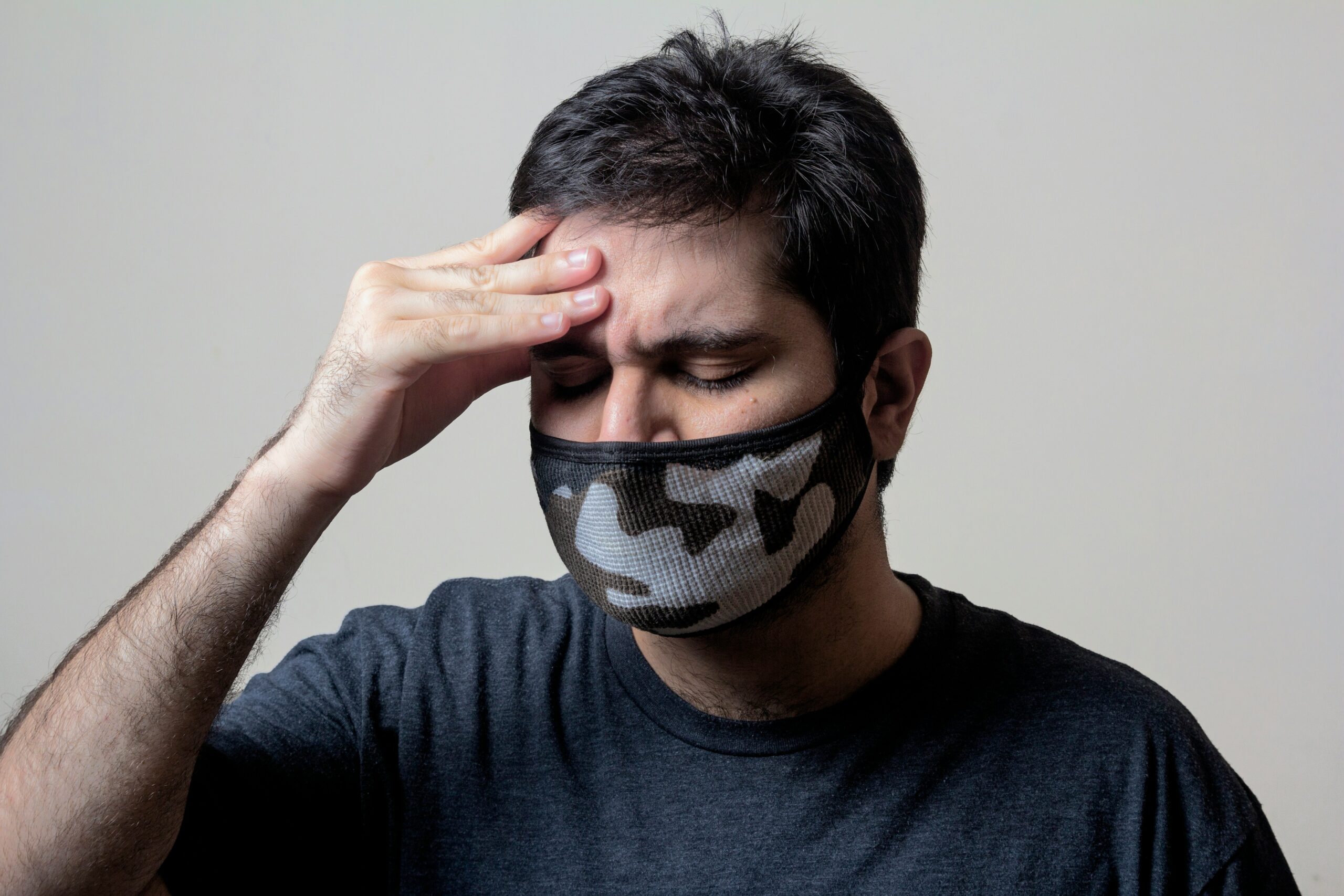
If Hyponatremia is not treated or gets worse fast, it can cause seizures. These are vital signs of problems with the brain.
When the amount of sodium in the blood is too low, it can make thinking hard and cause problems concentrating. This drop in mental clarity can seriously affect important everyday tasks necessary for good health.
Sometimes, low sodium in the blood can cause breathing issues and even harm the lungs. It is essential to get medical help quickly to fix the amount of sodium in the body and prevent more problems with breathing.
Hyponatremia can disrupt how your heart's electrical signals work. It is a considerable risk to heart health and could cause more problems for this system. Its variety of signs can be wide, from minor symptoms such as a quick heartbeat to serious cases that cause dangerous uneven rhythms![]() .
.
Kidney function gets worse when there is not enough sodium in the body. Deficient amounts of this substance can harm how well kidneys work to keep the right amount of sodium.
To determine if a person has Hyponatremia, it is important to measure the sodium level in their blood. If someone shows signs such as nausea, headaches, or confusion, doctors will often request blood tests to see how much of this crucial electrolyte they have; additional examinations might be needed based on these symptoms.
The serum sodium blood test is common and determines the quantity of sodium in your blood![]() . Should the level drop below 135 milliequivalents per liter, it could suggest Hyponatremia; nevertheless, additional testing may be required to understand the cause and severity.
. Should the level drop below 135 milliequivalents per liter, it could suggest Hyponatremia; nevertheless, additional testing may be required to understand the cause and severity.
For medical professionals, it is essential to perform a clinical assessment. They examine the patient's health background and consider the medications being taken and any signs of illness they present. They also assess the overall health by searching for indicators of excessive body fluid or symptoms of insufficient water (dehydration).
Tests of urine reveal the way kidneys manage sodium. High amounts of sodium in urine might indicate the body is losing too much, potentially worsening low sodium levels in the blood.
To understand the cause of complex health issues, it may be necessary to perform additional tests such as body scans or hormone assessments. This is particularly important if there are difficulties related to the adrenal gland or excessive production of antidiuretic hormone characteristic of SIADH.
We recommend you to drink liquids with added sodium, like sports drinks or rehydration solutions, if your body has a little low sodium. The aim is to gently fix the balance of electrolytes and gradually raise the sodium level by controlling your fluid intake.
For serious situations, staying in the hospital for close monitoring and managing potential issues might be necessary. When an individual has a significant sodium deficiency, administering saline solutions via intravenous drip![]() could be essential to correct the condition safely and regulate it.
could be essential to correct the condition safely and regulate it.
How long the treatment lasts varies with each individual's response and the severity of their low sodium condition; it may not be the same for everyone. It is essential to monitor carefully through regular blood testing. It is useful to monitor progress and allows for adjustments in the plan when necessary.
Various factors, such as the reason for the blood's low sodium level, how quickly one gets medical help, and their general health, can change what will happen later to someone with this condition. It is essential to know that early treatments usually make cases that are not severe better; still, very serious cases might lead to dangerous problems. This underscores the necessity for swift and accurate action.
Drinking too much water or taking some medicines can sometimes cause a short-term drop in sodium levels; stopping or changing these actions can quickly fix the problem. But if someone has long-lasting health problems like heart failure or kidney troubles, fixing low sodium might need complicated and thorough treatments.
Individuals who have Hyponatremia must be cautious to observe any severe symptoms indicating that a medical emergency is unfolding. Recognizing these signs promptly is crucial to seek assistance and reduce the risk of critical health issues. Immediate medical attention should be prompted by salient indicators such as:
Maintaining the correct salt level is essential to prevent the body's sodium from becoming too low. Consuming sufficient salt is necessary for this equilibrium, yet one must also avoid excessive water intake as it may reduce blood sodium levels.
Pay attention to your body's signals; if you sense the necessity for hydration, don't overlook it. Nevertheless, be mindful about when to drink water: consume it when necessary but refrain from excessive intake. To avoid having too much or not enough sodium, you must drink water in a balanced way.
Consume items rich in electrolytes, such as bananas and oranges; these assist in maintaining proper sodium levels within your body. Moreover, it is wise to limit the intake of diuretic substances: reducing caffeine and alcohol consumption can aid in preventing Hyponatremia.
It is beneficial to regularly have blood tests done to monitor sodium levels, particularly for individuals with specific health conditions or those on medication that may alter the salt balance in their system.
Table of Contents

Antidepressants are drugs that act on the nervous system. They balance the levels of brain neurotransmitters that are responsible for… read more »
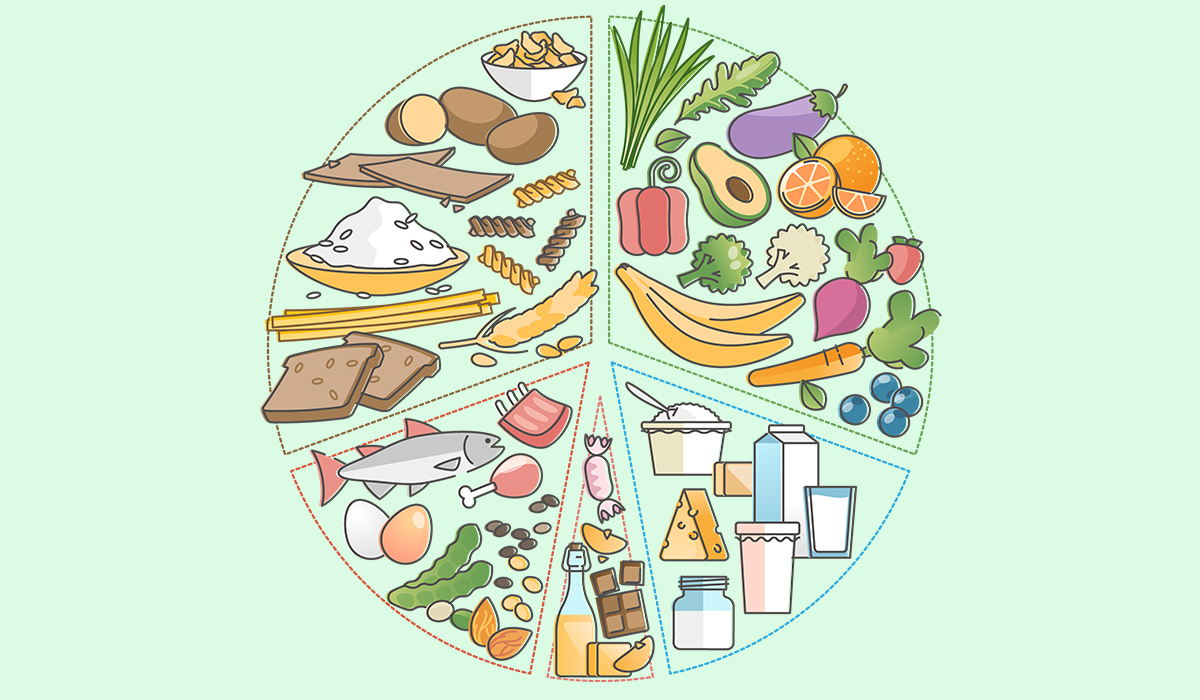
The DASH diet is a diet ideal for improving hypertension. In addition, it also has many other benefits. Learn about… read more »

Ascites is a health condition that causes a pathological fluid build-up in the abdomen. It usually occurs when the liver… read more »

Electrolytes are salt ions necessary for good health. The proper functioning of the whole organism depends on their proper level.… read more »
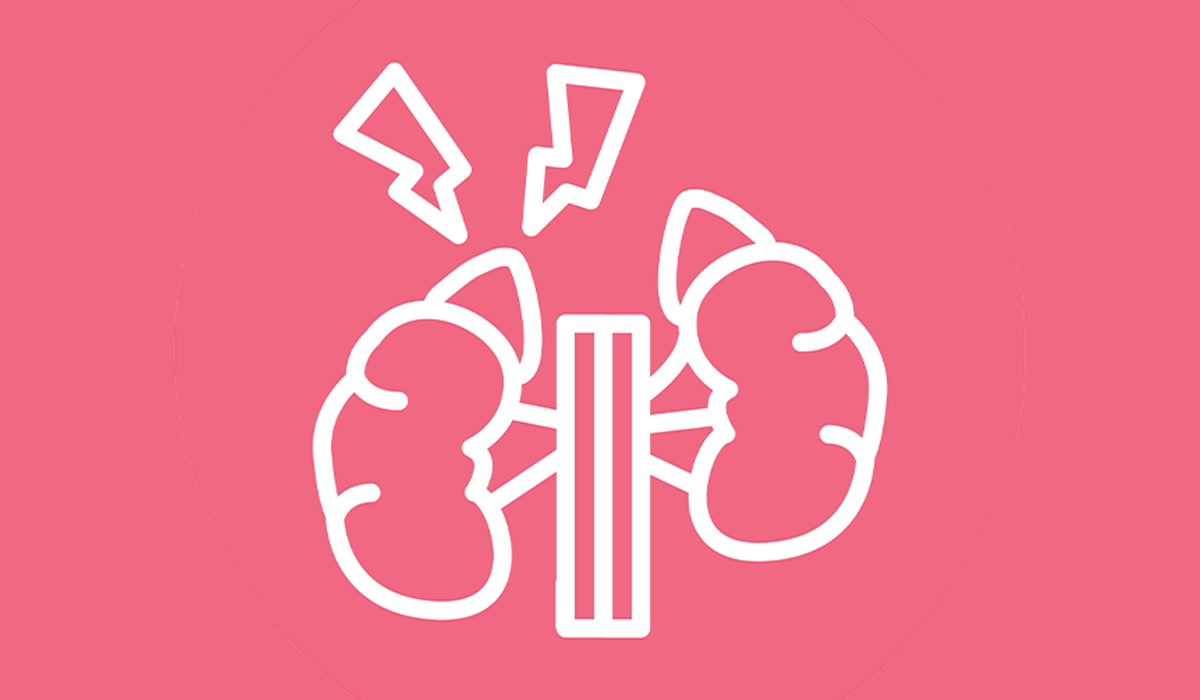
Addison's disease is a condition caused by a long-term deficiency of adrenal cortical hormones. The disease can be dangerous. Find… read more »
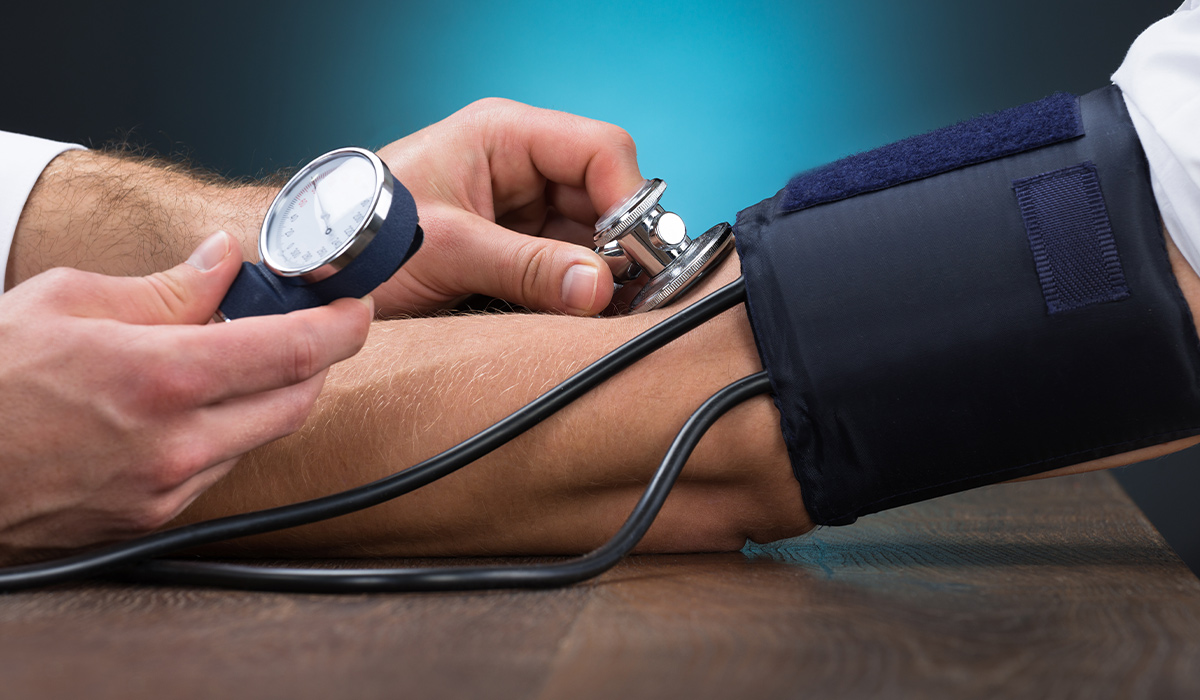
High Blood Pressure (Hypertension) is a disease of the circulatory system consisting of elevated blood pressure. Is it dangerous? Can… read more »
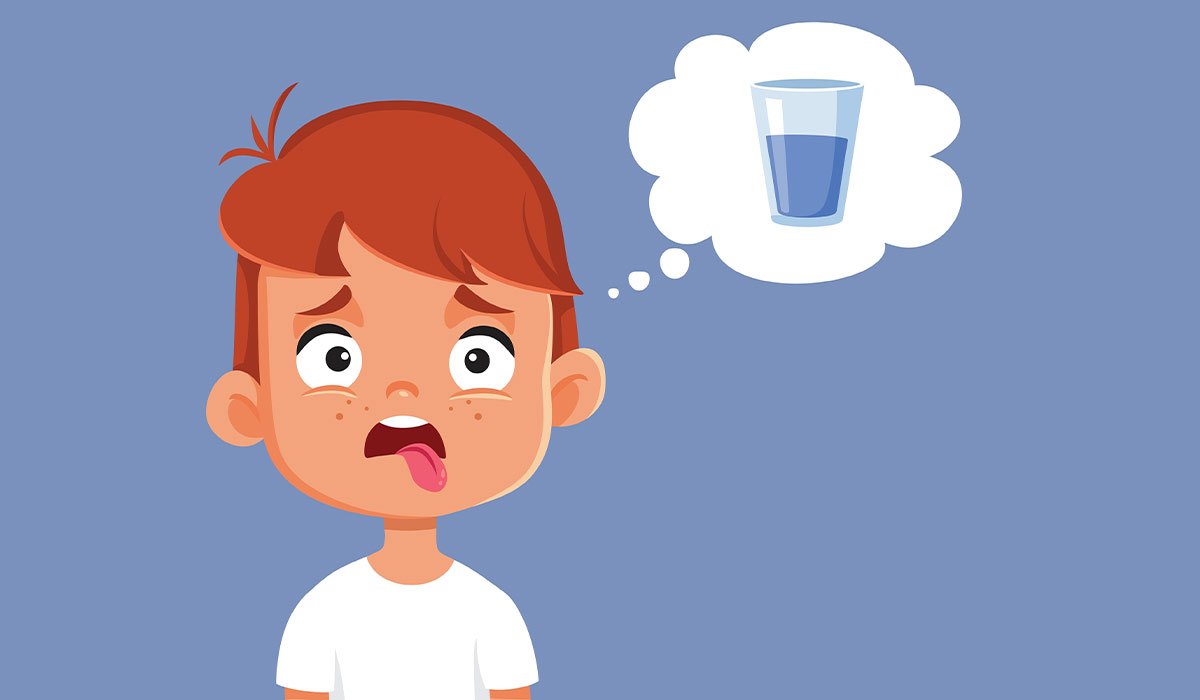
Dehydration can cause many negative health effects. It is a common problem in children and seniors. Learn how to recognize… read more »
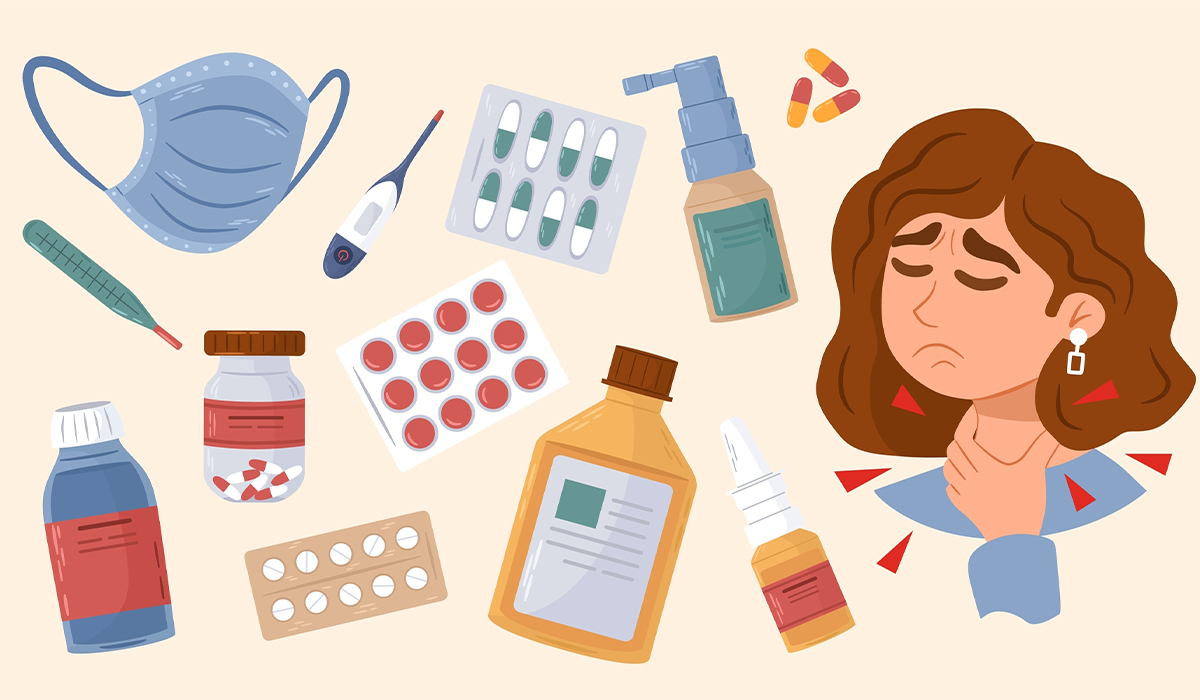
Discover Sore Throat Remedies for quick and effective pain relief. Many herbs and foods have healing properties. Learn how to… read more »

The Mediterranean diet is a popular way of eating that has many health benefits. See how to improve your eating… read more »